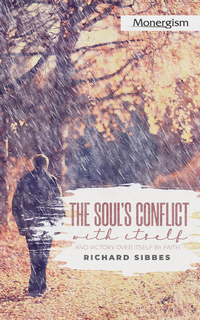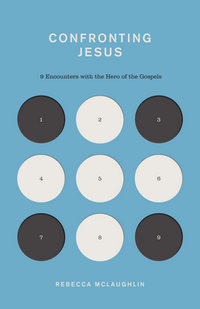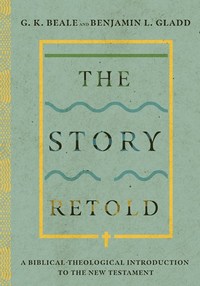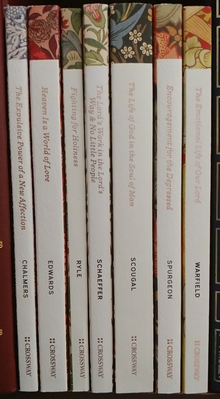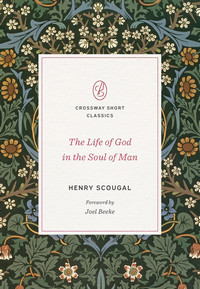 Athanasius of Alexandria:
Athanasius of Alexandria:
His Life & Impact
by Peter Barnes
DETAILS: Series: The Early Church Fathers Publisher: Christian Focus Publications Publication Date: October 2, 2019 Format: eBook Length: 176 pg. Read Date: October 2-9, 2022

As he wrote to the bishops of Egypt in 356: ‘as therefore the struggle that is now set before us concerns all that we are, either to reject or to keep the faith, let us be zealous and resolve to guard what we have received, bearing in mind the confession that was written down at Nicaea’. And by God’s grace, his victory in that struggle has been of enormous blessing to the church ever since.
The Series
In case you hadn’t read what I thought of the other books I’ve read in this series, let me start with the thumbnail description of the series I came up with:
I literally stumbled on this series, The Early Church Fathers, a few weeks ago and thought it sounded like a great idea. It looked kind of like a mix of Crossway’s Theologians on the Christian Life and Oxford’s Very Short Introductions (incidentally, that’s what it ended up being).
What’s Athanasius of Alexandria About?
In the first chapter, Barnes sketches out what life is like for Christians in Alexandria in the years immediately before Constantine, through the Great Persecution, then he turns the focus on to Athanasius’ early years (and some of the competing theories as to what those were like).
He then spends four chapters reviewing the ecclesiastical movements surrounding the Arian conflict and related controversies. He discusses both the imperial moves, the various councils and reactions to them, and Athanasius’ various exiles and restorations.
After the overview of his life, Barnes discusses his theology and major works, On the Incarnation of the Word of God and Against the Gentiles, before moving into his views on the Bible, Asceticism, and Spirituality. Barnes talks about critiques and challenges as well as the lasting influence of the Bishop of Alexandria.
So, what did I think about Athanasius of Alexandria?
Athanasius considered himself inadequate as a theological writer, and unpracticed in speech. He never entered the fray as a detached academic philosopher. He was first and foremost a Christian, and his declared aim was that a right understanding of theology might strengthen faith in Christ, that ‘you may have ever greater and stronger piety towards him’.
I’m trying not to turn on this series, but they’re making it difficult for me (but I’ve read three of the five, so you know I’m going to finish them). It wasn’t bad, don’t get me wrong, but it didn’t give me enough of what I came looking for and too much of things I didn’t.
Let me try to explain.
Sixty-five percent of the book is the historical material—with an element of biographical material. So much of the history is dry and feels like he’s just rattling off names without really explaining why we should care about the names. This is supposed to be an introduction to Athanasius, not a crash course in Fourth Century History. Yes, most of those names—and the historians who have theories about them—are those a student of Church History should be familiar with. But in this context, it felt like meaningless trivia. It’s too much of this book—sure, it’s a complicated period of history so it takes a lot of work to cover it, but that shouldn’t be the emphasis of a book like this.
The last three chapters—about his works, his theology, his influence, and so on were great. If more of the book had been like that, I’d be singing a different tune. I did walk away feeling like I had a better understanding of Athanasius, but not as much of one as I’d hoped.
I think if my expectations were better, I’d have appreciated it more. Still, I did like it and did benefit from it, I expect others will, too.

This post contains an affiliate link. If you purchase from it, I will get a small commission at no additional cost to you. As always, the opinions expressed are my own.
![]()



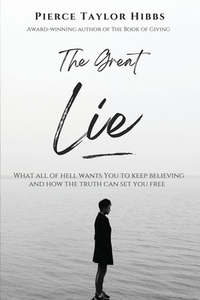

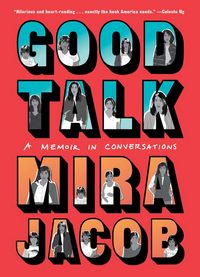


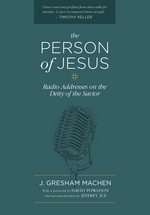


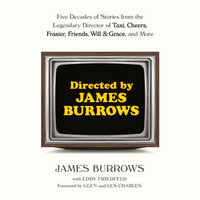
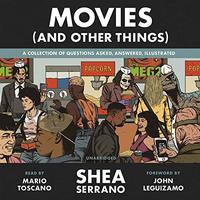
 Who’s the better tough guy movie dog owner? (Will Smith in Legend, Tom Hardy in The Drop, or Keanu Reeves in John Wick?)
Who’s the better tough guy movie dog owner? (Will Smith in Legend, Tom Hardy in The Drop, or Keanu Reeves in John Wick?)